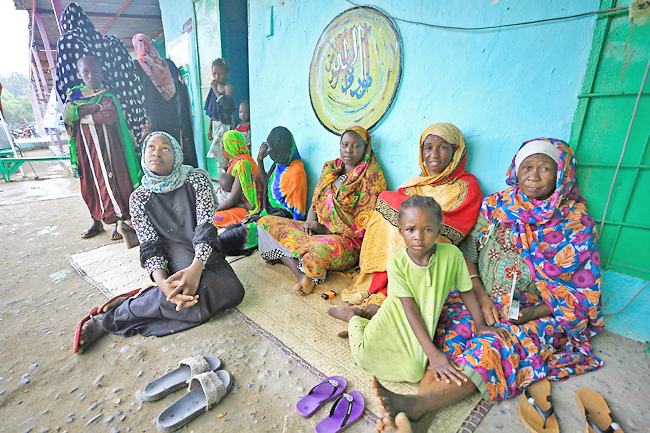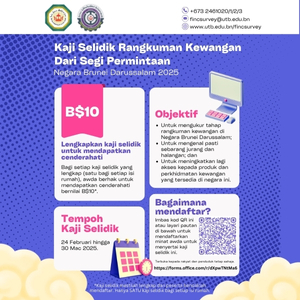DAMAZIN, SUDAN (AFP) – After his family was massacred and home torched, Sudanese farmer Ayoub Haroun sought refuge in a school alongside some of the tens of thousands fleeing recent bitter ethnic conflict.
More than a week of bloodshed last month in Sudan’s Blue Nile state left at least 105 people dead and scores wounded, as rival groups fought in a complex conflict involving deep-seated grievances, control of land and battles for power.
“The gunfire was constant, all day long every day,” said Haroun, now sheltering in the former school in Blue Nile’s Damazin city, some 450 kilometres south of the capital Khartoum. But while the violence was the culmination of long-simmering ethnic tensions – between the Hausa people and other rival groups including the Barta – it has further emphasised a wider security breakdown since a military coup last year led by Army Chief Abdel Fattah al-Burhan.
Since the October coup, regular pro-democracy demonstrations across the country have been met with a crackdown by security forces that have left at least 116 people dead.
Before unrest erupted in Blue Nile, the western region of Darfur had already seen months of ethnic clashes which killed hundreds of people.
“We were left no option but to defend our lands,” said Al-Jaily Abdalla, from the Hamaj people.

“Our homes were burnt to the ground, destruction spread everywhere, and there were multiple deaths.”
Haroun, a Hausa, was left homeless, one of some 31,000 people from both sides forced to flee their houses, according to the United Nations. “My brother and nephew were killed and my home was burnt along with the homes of the rest of my family,” he said.
Each side blames the other for starting the violence – and has accused the government of backing the other.
The clashes triggered angry protests across Sudan, with Hausa people demanding justice for those killed.
Other protests called for “unity” and an “end to tribalism” in the impoverished northeast African nation.
In late July, senior leaders from rival groups agreed a ceasefire, but a more permanent peace deal and reconciliation is needed.
Blue Nile, a region awash with guns bordering South Sudan and Ethiopia, is still struggling to rebuild after decades of civil war. Conflict there raged from the mid-1990s to 2005, then erupted again in 2011, as ethnic minority rebels battled hardline President Omar al-Bashir.
After the ouster of Bashir in 2019, rebels including from Blue Nile signed a peace deal, the latest in a string of agreements hoped to put an end to conflict.
Sudanese pro-democracy demonstrators have accused the country’s military leadership and ex-rebel leaders who signed the peace pact in 2020 of exacerbating ethnic tensions in Blue Nile for personal gain. Authorities have rejected such accusations.
Since the clashes, calls have intensified to suspend the agreement.
But the conflict today is less about battling the government, and more about who has the right to the land.






